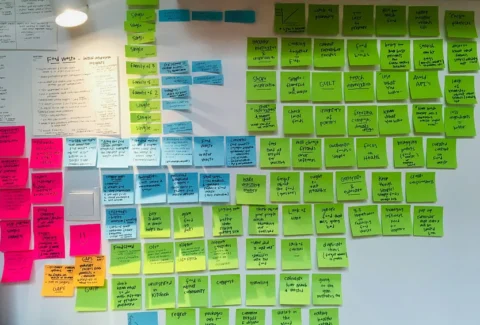India’s Development Imperatives
I’m taking a break from the YouTube channel this week. We will have a video next week!
Btw, I’ve finished recording for the Story Rules audiobook. It’s been a fun and fulfilling experience. Some interesting learnings. Will share that later in a post.
And now, on to the newsletter.
Thanks for reading The Story Rules Newsletter! Subscribe for free to receive new posts and support my work.
Welcome to the one hundred and fortieth edition of ‘3-2-1 by Story Rules‘.
A newsletter recommending good examples of storytelling across:
- 3 tweets
- 2 articles, and
- 1 long-form content piece
Let’s dive in.
𝕏 3 Tweets of the week
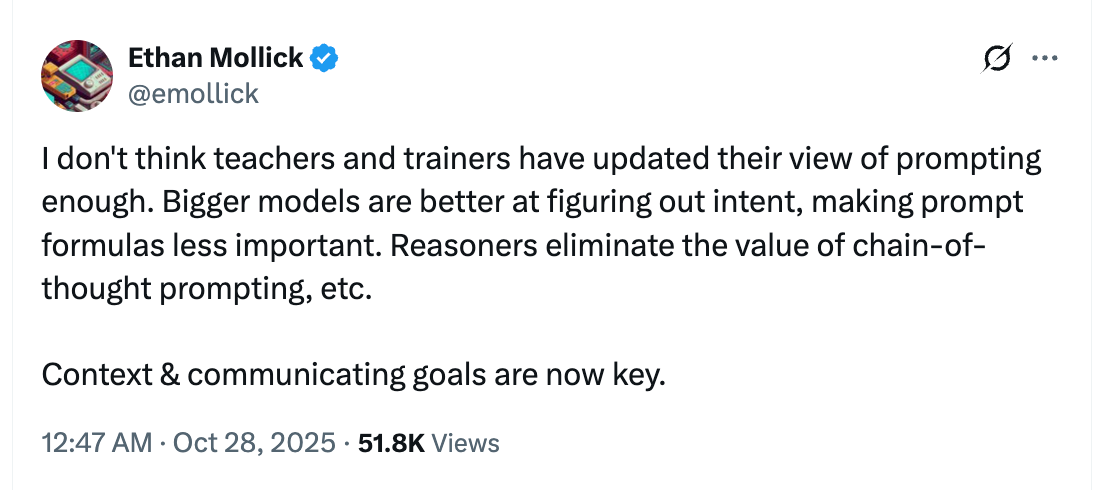
Interesting point. Formulaic prompting approaches may not be needed (or effective) with changing models. Just clear and complete context setting would be more effective.
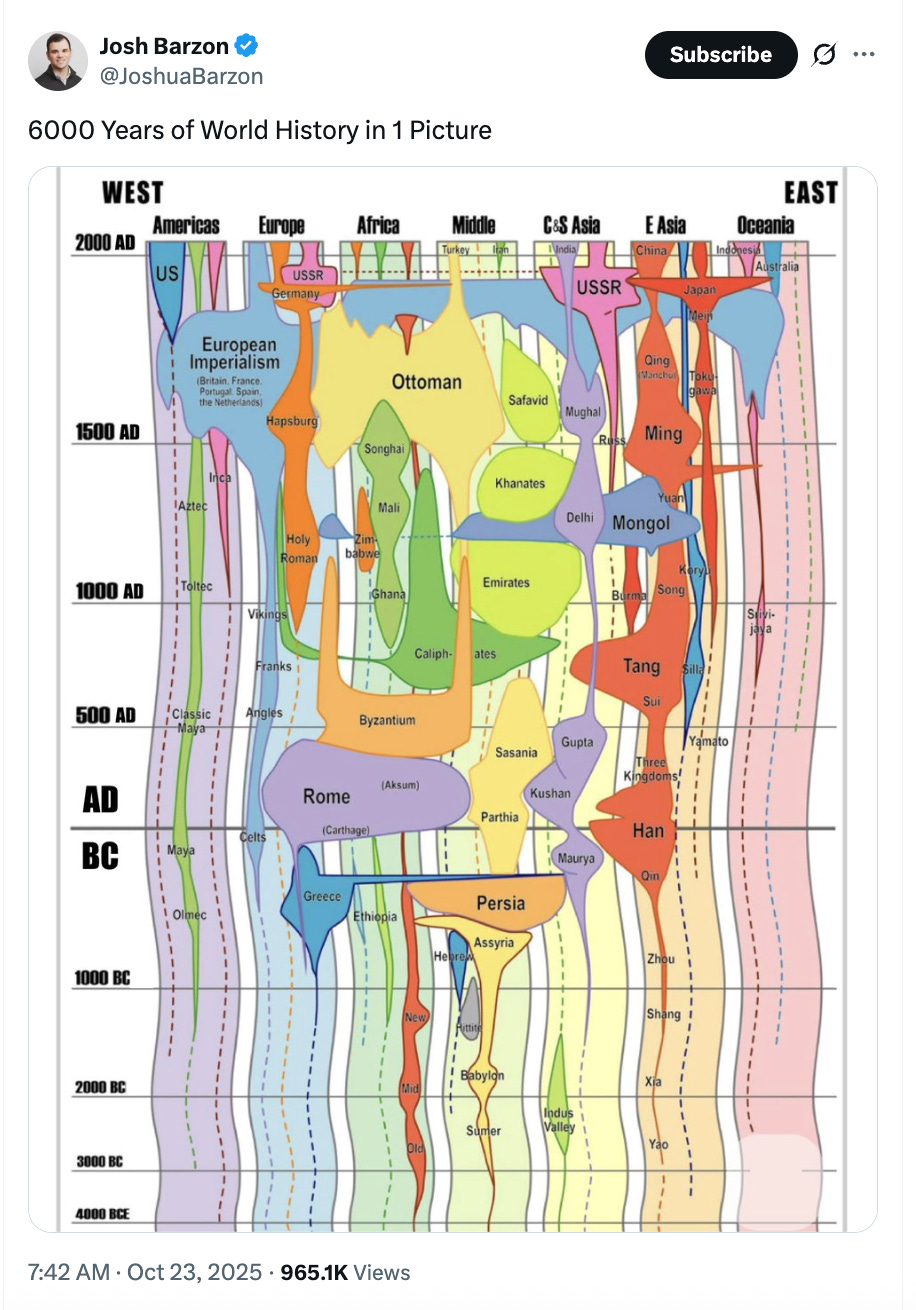
This is such a fascinating depiction of empires across time and space!
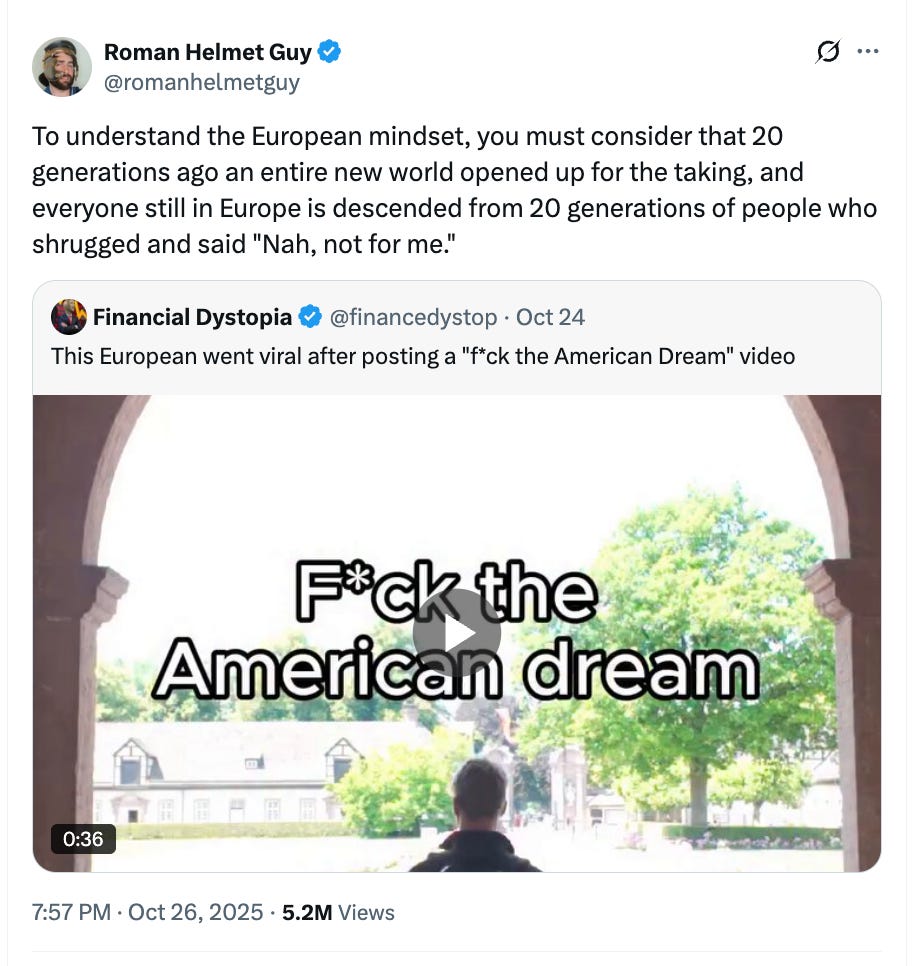
Haha, ouch.
📄 2 Articles of the week
a. ‘Marketoonist: “AI Productivity and Workslop” cartoon’
The Marketoonist (Tom Fishburne) is one of the smartest (and funniest) commenters on corporate trends, especially in the world of marketing. Subscribe to his newsletter!
Here’s his cartoon depicting the pain of dealing with ‘helpful’ AI suggestions:

b. ‘Tales from Toddlerhood’ by Tim Urban
Tim Urban is back after a long time with a (relatively) short piece on the joys and frustrations of dealing with toddlers.
I LOLed at this hilarious cartoon:
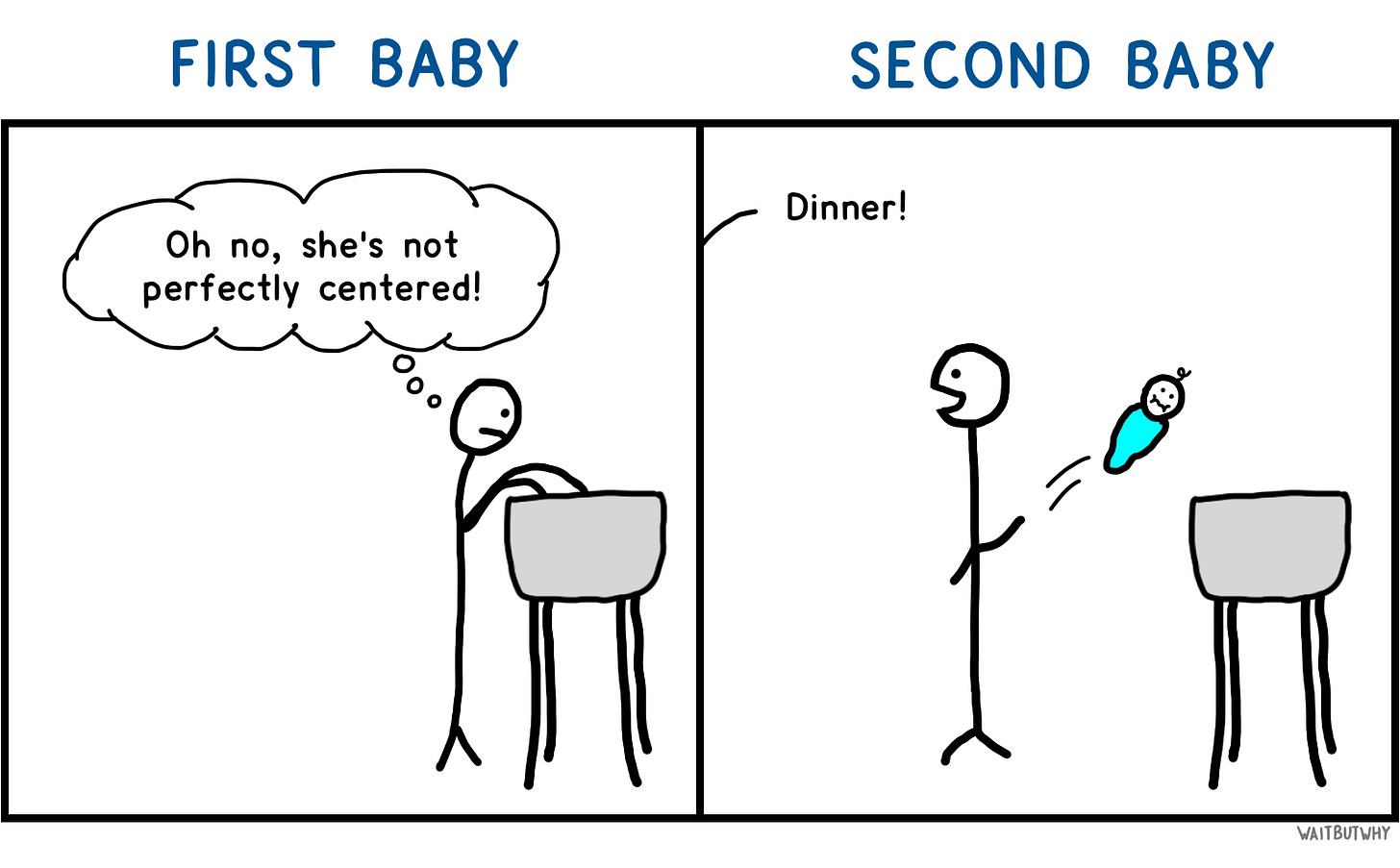
Urban says that toddlers can be mean—and he minces no words:
Toddlers are dicks. It’s well-known that toddlers transform into mid-20th-century totalitarian dictators at the drop of a hat. But they’re dicks in less obvious ways too. The other day, my toddler was playing with Legos. I sat down next to her and asked her what she was building, and she said, “Daddy needs to work in his office?”—an unsubtle hint that I should leave her the fuck alone.
This is hilarious:
Toddler parenthood is a reality distortion zone that makes it hard to remember that most people find your toddler breathtakingly uninteresting.
Friends who have kids the same age as yours are kind of in a cohort together, so parents of toddlers often end up with a whole throng of toddlers in their lives. Amongst my cohort I’ve both been an offender and frequent victim of toddler-video-showing. It’s part of the tax we all pay.
🎧 1 long-form listen of the week
a. ‘A Sixth of Humanity and the Dreams of a Nation’ Devesh Kapur and Arvind Subramanian
Economists Devesh Kapur and Arvind Subramanian have written a book which is making waves – ‘A Sixth of Humanity’ about independent India’s development story over the last 75 years. They were interviewed by Milan Vaishnav on the Grand Tamasha podcast.
What makes this book different from the many others on this topic? For one, we get the heft of two scholars, one of whom was India’s Chief Economic Adviser. And two, it takes a holistic view of development:
much of the work on India in political science and economics was extremely narrow and some of the books either had a prior sort of argument and we felt strongly that you know that if we could build strong data across a variety of indicators and allow the argument to come from the data rather than a prior impose our are our hypothesis. And second, as you said, is that because we both also work broadly on economic development that young nations do not have the luxury to undertake economic development in isolation. They have to build a state. They have to develop a sense of nationhood. And in India’s case in particular given the extremely hierarchical nature of Indian society and its many many social cleavages is to transform society. So one cannot look at economic development in isolation from these other transformations which of course have to occur concurrently. So that’s why we thought that we should try to have a book that’s comprehensive looking at the past say 75 years.
Another differentiator is that it’s based on data and facts, and is not a long opinion piece. I loved the chiasmus in the last line:
Milan: Your approach in your own words as you describe it is argument anchored in history and data. And you go on to say our arguments are based on facts. Our facts are not based on arguments
Vaishnav frames the book in a nice way—as wanting to know why India is an outlier in the democracy vs. development comparison:
Milan Vaishnav: …of the relationship between democracy and development right where you have a simple graph with democracy on the X-axis, development on the Y-axis and a nice kind of 45 degree line which kind of tells the story there is a causal story saying you know the more inclusive your political institutions are the more prosperity you’ll have. But on that chart there are two massive outliers, right? One is China, which is way richer than it should be for its level of democracy, and one is India, which is way poorer than it should be. And in some sense, it seems to me that part of your intervention in this book is understanding why India is located in that particular quadrant
The authors make an interesting point—Indian democracy has been great in maintaining order, but very poor in law:
… We argue uh in a sense democracy giveth and the democracy taketh away. I think one of the fundamental achievements of India’s democracy is that it was a key tool of state and nation building and you know that much violence occurs in the process of nation building…. most nation building is accompanied by high levels of violence and democracy right from the beginning helped in basically managing it because you know part of democracy and especially the early decades it involves a ser a whole series of compromises.
However, the other aspect of democracy which is elections, politicians seeking money and power, a sort of area which you’ve written so well on that I think has meant that having a weak rule of law uh is not happenstance but it’s by design. There is no doubt and we show that repeatedly acute awareness of the need to invest more find institutional answers to improve… we always talk of the backlog of cases in India’s courts running into tens of millions well you can read about it in you know official reports in the 50s 60s7s 80s 90s 2010s 2020s every decade… every decade there’s a big report parliamentary discussion all of that nothing happens. Same with about the police that it needs autonomy, politicians need to interfere less… every decade. So acute awareness of the issue (but) nothing is done and it’s not done because those in power have strong strategic interests not to do so.
That’s all from this week’s edition.
Photo by Diana Polekhina on Unsplash






